Lee Jin-ho Immediately Counters Garo Sero’s Claims, Labels Kim Sae-ron Recording as “AI-Generated Fake”
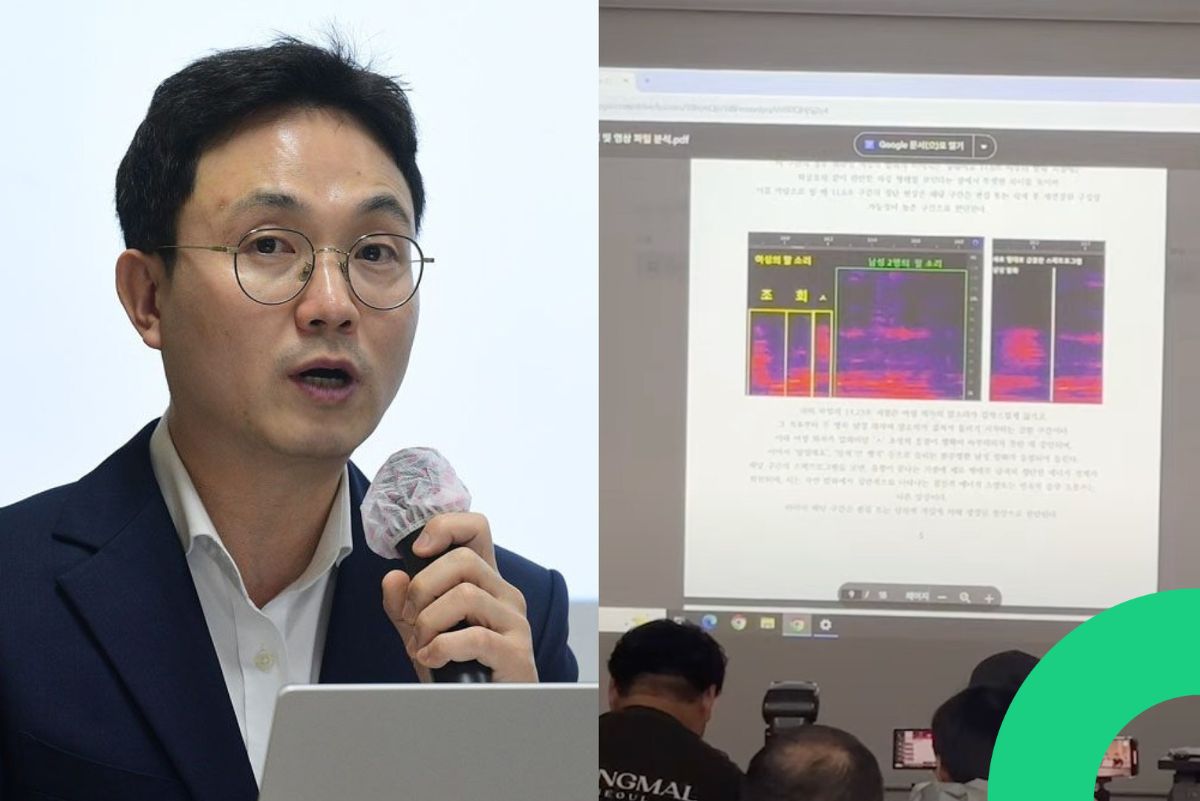
Amid growing controversy surrounding the late actress Kim Sae-ron, Lee Jin-ho has issued a swift and bold rebuttal to claims made by the Garo Sero Research Institute.
Lee Jin-ho Denies Involvement in Kim Sae-ron Scandal
At a press conference on May 7 in Gangnam, Seoul, Lee declared that the explosive audio recordings attributed to Kim Sae-ron were fabricated using artificial intelligence.
Flanked by prominent entrepreneur Eun Hyun-jang, known as the “God of Commerce,” Lee Jin-ho dismissed the recordings as part of an elaborate scam designed to extort key entertainment figures, including actor Kim Soo-hyun.
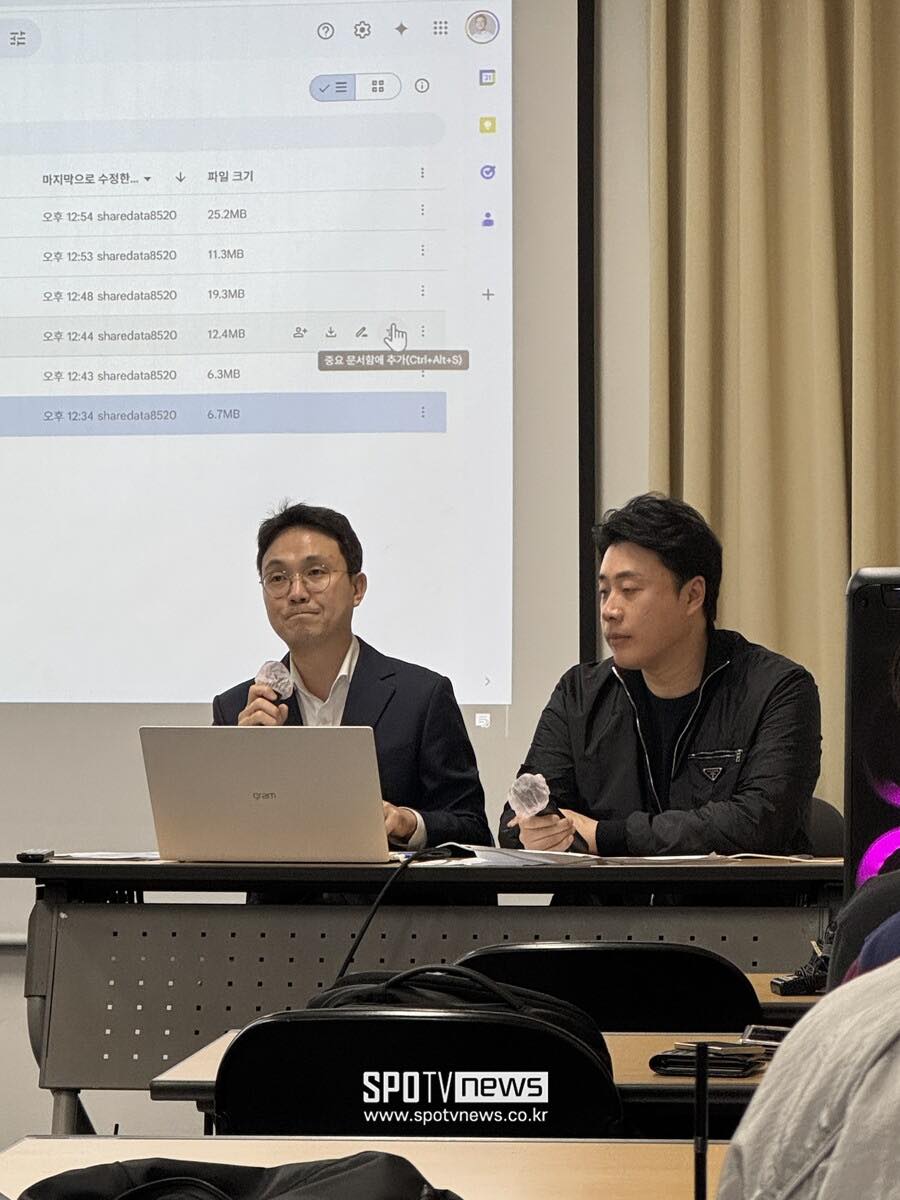
“The voice in these recordings bears an uncanny resemblance to Kim Sae-ron’s actual voice—so convincing that even her close acquaintances initially believed it to be genuine,” Lee stated.
He revealed that expert analysis had determined the voice was synthetically generated, using advanced AI voice synthesis technology and layered with noise effects to mimic the imperfections of real audio.
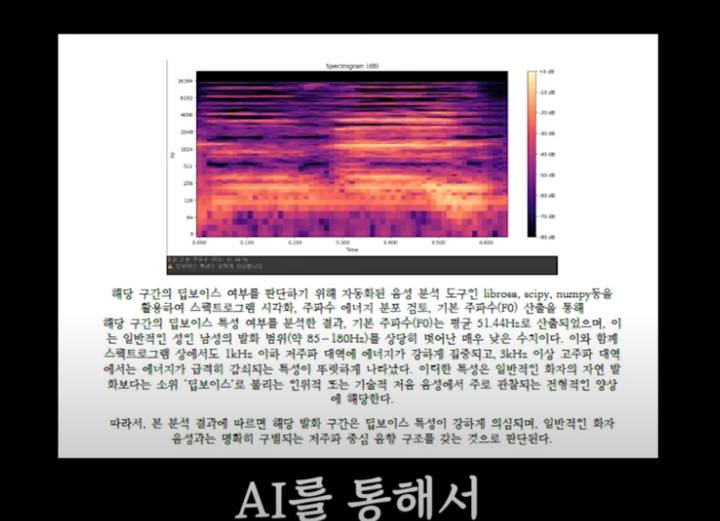
Lee detailed how the alleged scam extended to blackmail attempts against Kim Soo-hyun’s team, claiming the perpetrators had demanded substantial sums to suppress the recordings. “Kim Soo-hyun’s team reviewed the so-called evidence and immediately recognized it as fake, just as I did when I determined the New Jersey-based whistleblower was operating a scam,” he said.
AI Voice Manipulation, Extortion Allegations, and Rising Legal Stakes
This directly challenges the narrative put forth earlier the same day by Kim Se-eui, CEO of Garo Sero Research Institute, who alleged the existence of a 90-minute consensual recording from Kim Sae-ron and linked Lee Jin-ho to a violent knife attack on the whistleblower in the U.S.
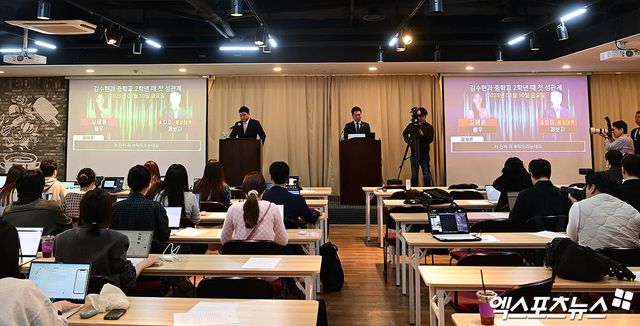
Lee Jin-ho’s rebuttal, however, places a spotlight on the potential misuse of AI-generated media in high-stakes defamation and extortion efforts. “I was genuinely shocked to discover how sophisticated AI voice manipulation technology has become,” Lee commented, underscoring the broader implications for media verification in the digital age.
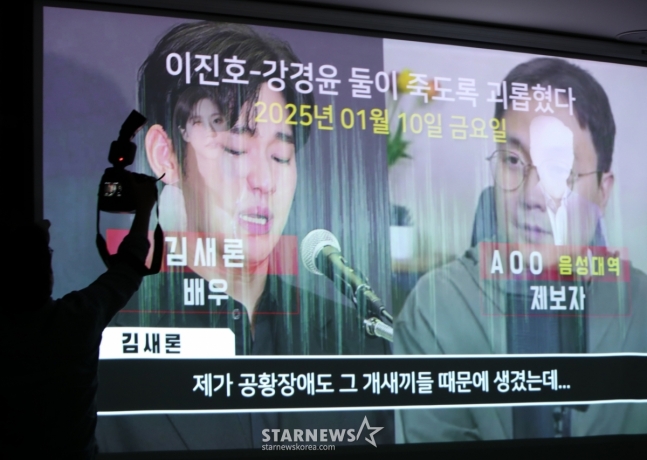
With multiple parties presenting sharply conflicting narratives, the case has escalated into a legal and technological quagmire. Authorities in both the U.S. and South Korea are now faced with the daunting task of verifying the authenticity of the recordings, potentially relying on forensic voice analysis to settle the matter.
While Kim Soo-hyun has yet to respond to these new developments, the industry and public remain captivated by the unfolding drama, which continues to raise serious concerns about privacy, ethics, and the influence of emerging technologies in scandal-driven media.


